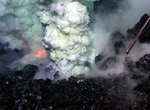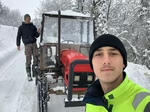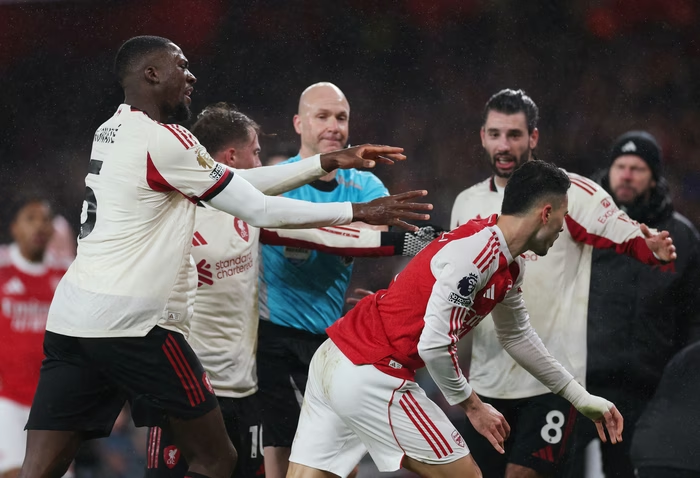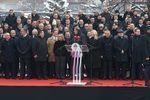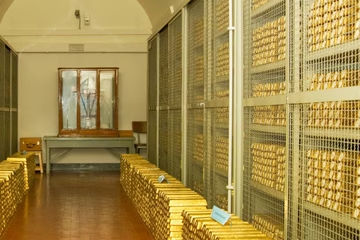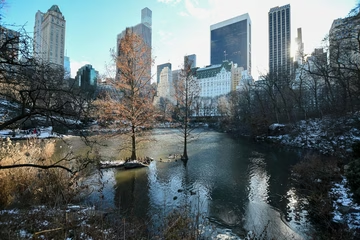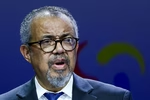USK officials demand better conditions for migrants there
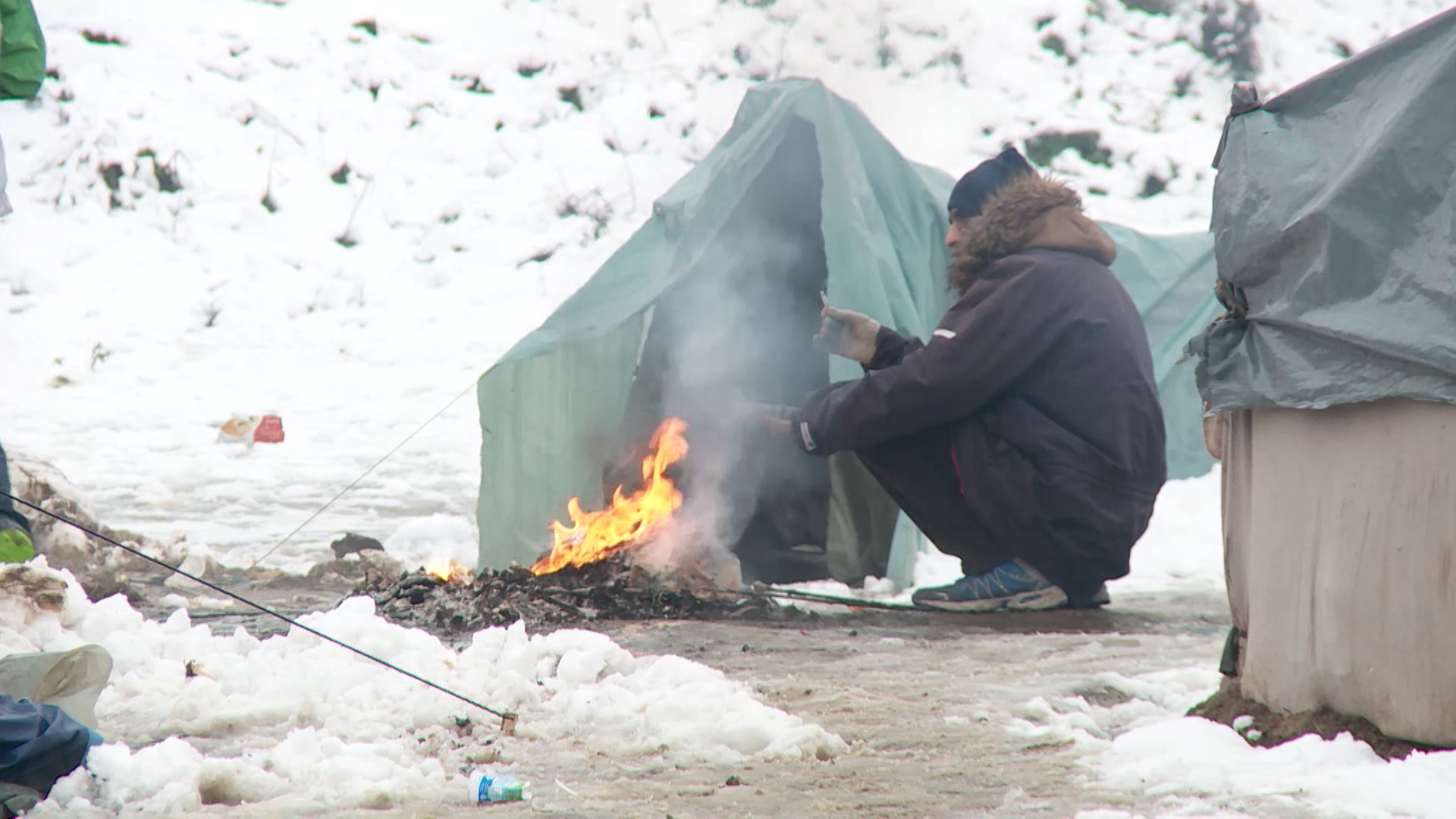
Organisations dealing with migrant issues in Bosnia and Herzegovina held a meeting with the Una-Sana Canton (USK) officials on the humanitarian situation in this canton. Cantonal representatives urged everyone present to ensure more humane conditions for the most vulnerable categories of migrants.
Oglas
The meeting was attended by the cantonal Prime Minister Mustafa Ruznic, Police Commissioner Mujo Koricic, Cantonal Health Care Minister Hazim Kapic and representatives of the International Organisation for Migrations (IOM), UNHCR, UNICEF, Bosnia’s Foreigners Affairs and representatives of the City of Bihac.
Cantonal officials demanded more precise data on current accommodation capacities in the canton, the introduction of house rules in migrant centres in this canton and to urgently resolve the issue with the least humanely accommodated migrants such as those in Trnovo and Velika Kladusa.
The Una-Sana Canton has been hit the hardest with the recent wave of migrants seeking passage to the EU. They are flocking to this canton because of the two closest cities to the border with Croatia – Bihac and Velika Kladusa.
Oglas
Interlocutors stressed the need for further control of influx of migrants to this canton and strong coordination between cantonal and all other institutions in limiting their flow according to the available accommodation capacities in migrant reception centres.
Cantonal health and education ministries and UNICEF representatives continued talks with Berkovica residents to organise education for migrant children in the Berkovica elementary school.
After hearing of this possibility, Berkovica residents staged protests, last Friday, demanding that migrant children not be allowed to attend school together with their children. They even went so far as to claim "either the migrant children or our own" and said they would transfer their children to a different school.
The meeting participants said the migrant children would attend a special class, separate from the local children.
Oglas
On the other hand, the school management said the residents are humane people who support every child’s right to education but that they demand to know the information concerning the migrant children’s health conditions, how they would get to this school, what means of transport they would use and would the classes be organised.
They agreed to continue talks on this issue.
Kakvo je tvoje mišljenje o ovome?
Učestvuj u diskusiji ili pročitaj komentare
Oglas
Kakvo je tvoje mišljenje o ovome?
Učestvuj u diskusiji ili pročitaj komentare
Oglas





 Srbija
Srbija
 Hrvatska
Hrvatska
 Slovenija
Slovenija










